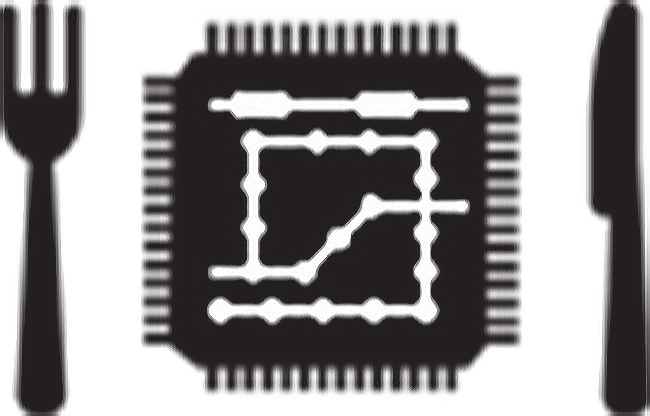U of T researchers have used nanomaterials to develop an inexpensive microchip that can quickly determine the type and severity of a patient’s cancer so that the disease can be detected earlier and treated more effectively.
The researchers’ new device senses the unique biomarkers that indicate the presence of cancer at the cellular level, even though these biomolecules – genes that indicate aggressive or benign forms of the disease and differentiate subtypes of the cancer – are generally present only at low levels in biological samples. Analysis can be completed in 30 minutes, a vast improvement over the existing diagnostic procedures that generally take days.
“Today, it takes a room filled with computers to evaluate a clinically relevant sample of cancer biomarkers and the results aren’t quickly available,” says Shana Kelley, a professor in the Leslie Dan Faculty of Pharmacy and the Faculty of Medicine, who was a lead investigator on the project. “The instrumentation required for this new analysis can be contained within a unit the size of a BlackBerry.”
Students working with Kelley and engineering professor Ted Sargent – a fellow lead investigator and U of T’s Canada Research Chair in Nanotechnology – found that conventional, flat metal electrical sensors were inadequate to sense cancer’s particular biomarkers. Instead, the U of T scientists, working with colleagues from Princess Margaret Hospital and Queen’s University, fabricated a chip and decorated it with nanometre-sized wires and molecular “bait” that attracts the cancer biomarkers.
The team’s microchip platform has been tested on prostate cancer and models of head and neck cancer. It could potentially be used to diagnose and assess other cancers, as well as infectious diseases such as HIV and H1N1 flu.






